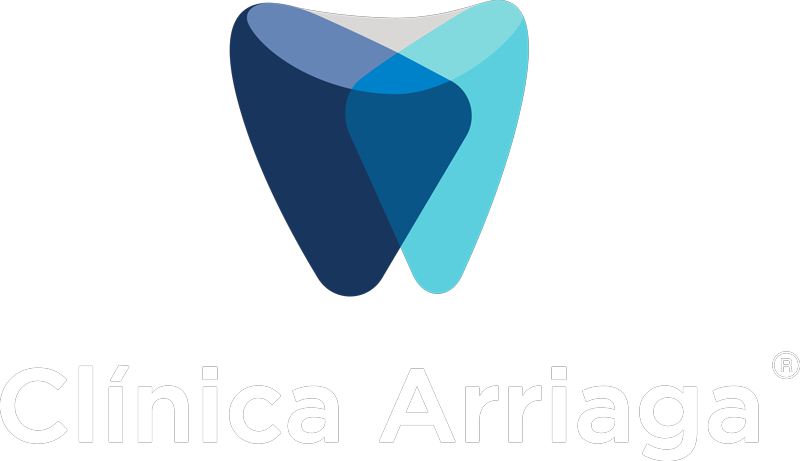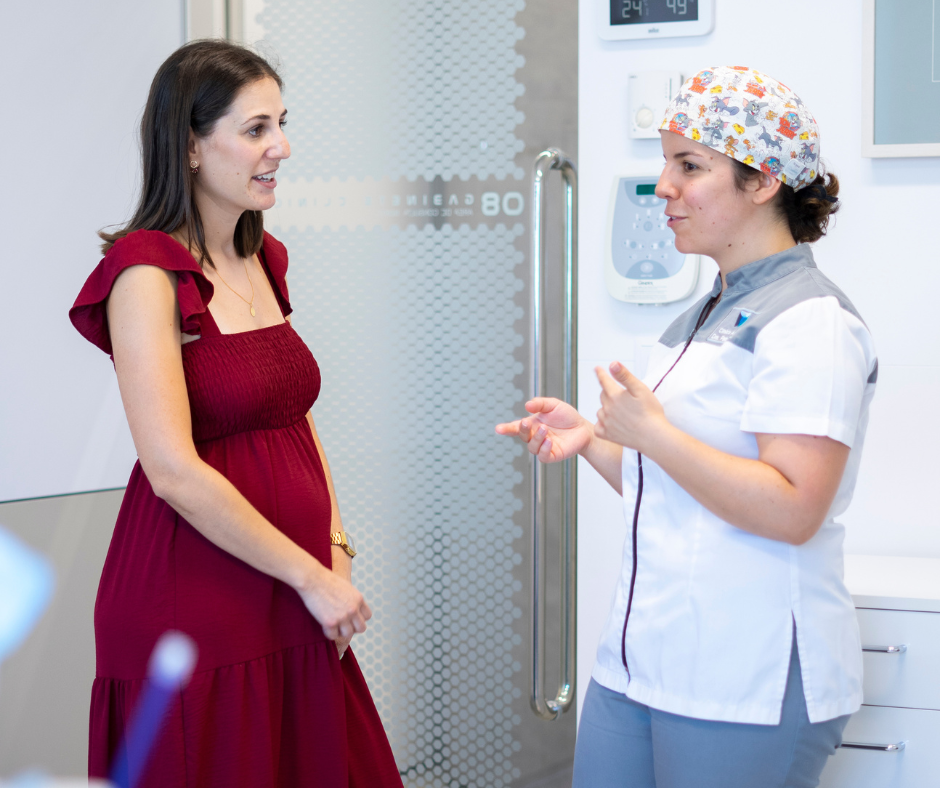Oral Health During Pregnancy: Understanding the Risks and Precautions
Oral care in pregnancy involves a series of organic and behavioral changes that can affect the oral cavity, resulting in an increased risk of dental cavities and gum diseases.
The hormonal changes accompanying pregnancy promote the onset of certain conditions, such as gingivitis (gum bleeding and swelling) or periodontitis (gum recession and loss of bone/fibers around the teeth).
Typically, gum problems arise during the second month of pregnancy and improve after childbirth. However, if gum issues existed before pregnancy, they are likely to worsen during gestation.
It’s a misconception that pregnancy directly leads to dental problems for the mother because the baby does not draw calcium from the mother’s teeth. In reality, the mother may develop cavities due to a combination of factors.
So, this factors are:
- Poor oral hygiene routines leading to bacterial plaque buildup,
- Changes in dietary habits (increased carbohydrate consumption),
- Morning sickness.
5 Prevention Tips To avoid these situations, it’s essential to follow these recommendations:
- Brush teeth after meals and before bedtime using fluoride toothpaste;
- Use dental floss/interdental brushes at least once a day;
- Avoid sweet/sticky foods and carbonated beverages;
- Schedule a dental appointment;
- After a vomiting episode, rinse with a mixture of water and 1 teaspoon of baking soda to dilute and rebalance the acidic content in the mouth.
Dental treatments during pregnancy
Regarding dental treatments during pregnancy, it’s safe and advisable to undergo them, ideally in the second trimester, as it’s a period of greater stability.
Usually pregnant women avoid addressing dental issues because they worry about how treatments might affect the baby’s development. In addicion, this results in a lack of awareness about the importance of oral health in overall health.
However, an oral cavity infection poses more dangers to the baby than dental treatment itself.
Therefore, when planning to conceive or upon discovering pregnancy, scheduling a dental appointment with your dentist is crucial.




